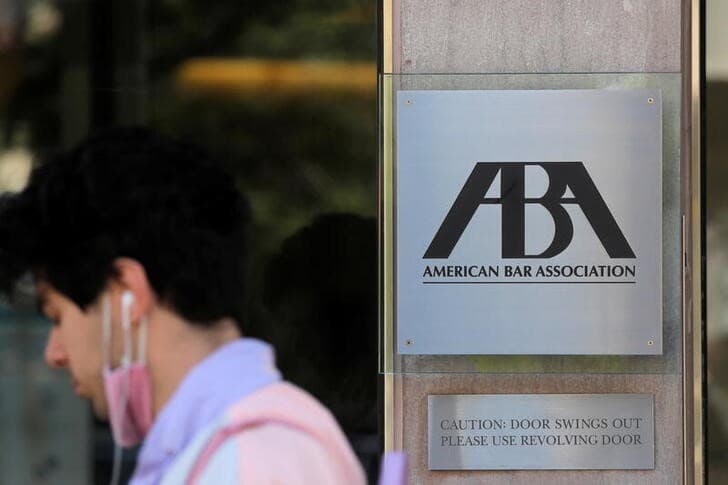
Law School Courses to Become More Standardised Under New ABA Accreditation Rule
Academic support will be offered to students who fail to attain a satisfactory level of achievement
US Law schools will soon be required to establish “minimum learning outcomes” for every course they offer and ensure these outcomes are consistent across all sections of required subjects.
The American Bar Association’s Council of the Section of Legal Education and Admissions to the Bar adopted a series of changes on Friday to its student learning outcomes standards, aiming to clarify law schools’ obligations.
The changes also seek to ensure greater uniformity across required courses at law schools with multiple sections, such as Contracts or Torts, which are typically taught by different professors.
The newly adopted standards also require all first-year classes to include an early assessment that provides students with feedback on their performance before the final exam. Academic support must be offered to any students who “fail to attain a satisfactory level of achievement.”
Except under “extraordinary circumstances,” 80 per cent of each first-year law student’s teachers must now be full-time faculty members, ensuring that new students are not primarily taught by adjunct instructors.
“We need to do something to make these requirements meaningful and give them teeth,” said ABA council member Daniel Thies, noting that some schools currently view the requirements as mere “busy work.”
The updated standards still require approval from the ABA’s House of Delegates, which will next convene in February. If approved, as is typically the case with revisions to law school accreditation standards, the new student learning outcomes will be implemented starting in 2026.
The ABA is responsible for accrediting law schools on behalf of the US Department of Education.
While some legal academics have welcomed the increased oversight that the revised standards impose, others argue that the changes amount to micromanagement by the ABA, which will reduce the flexibility and control law professors have over their course content.
More than a third of the nation’s law deans -- 76 in total -- submitted comments to the ABA in April opposing the changes, arguing that they “could harm legal education” by placing unnecessary burdens on schools.
The proposal is part of a broader effort by the ABA to exert more control over law schools, the deans said.
However, supporters of the new requirements stated in their public comments that students would benefit from greater course uniformity and a clearer focus on how individual classes fit into the overall curriculum.
The ABA first circulated the revised student learning outcomes in August 2023, and the proposal underwent several rounds of public comments and revisions.
For any enquiries or information, contact ask@tlr.ae or call us on +971 52 644 3004. Follow The Law Reporters on WhatsApp Channels.